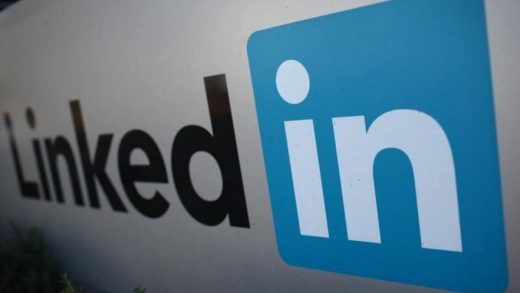
Meta’s Facebook, Elon Musk’s X, Google’s YouTube and other tech companies have agreed to do more to tackle online hate speech under an updated code of conduct that will now be integrated into EU tech rules, the European Commission said on Monday.
Other signatories to the voluntary code set up in May 2016 are Dailymotion, Instagram, Jeuxvideo.com, LinkedIn, Microsoft hosted consumer services, Snapchat, Rakuten Viber, TikTok, and Twitch.
“In Europe there is no place for illegal hate, either offline or online. I welcome the stakeholders’ commitment to a strengthened Code of conduct under the Digital Services Act (DSA),” EU tech commissioner Henna Virkkunen said in a statement.
The DSA requires tech companies to do more to combat illegal and harmful content on their platforms. Compliance with the updated code could impact regulators’ enforcement of the Act, EU officials said.
Under the revised code, the companies pledged to allow not-for-profit or public entities with expertise on illegal hate speech to monitor how they review hate speech notices, and to assess at least two thirds of these notices received from them within 24 hours.
The companies will also take measures, such as the use automatic detection tools to reduce hate speech on their platforms, and provide information on the role of recommendation systems and the organic and algorithmic reach of illegal content prior to its removal.
They will present country-level data broken down by the internal classification of hate speech such as race, ethnicity, religion, gender identity or sexual orientation.
© Thomson Reuters 2025
(This story has not been edited by NDTV staff and is auto-generated from a syndicated feed.)



